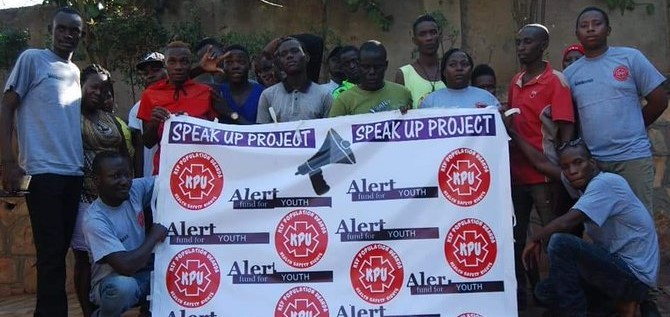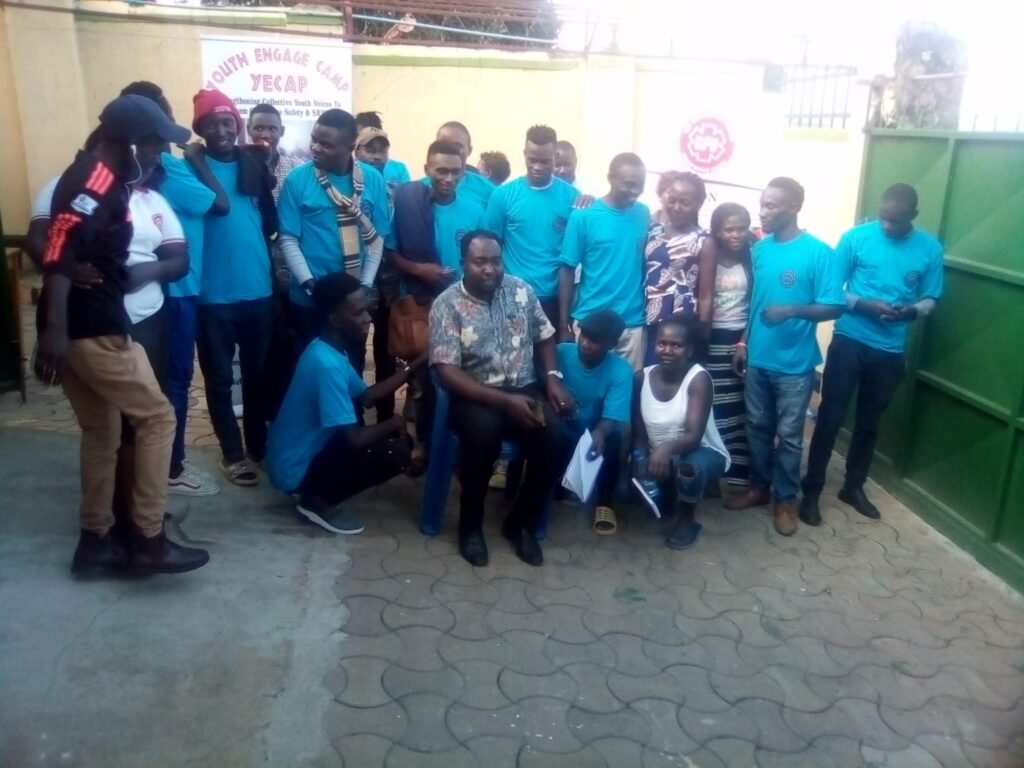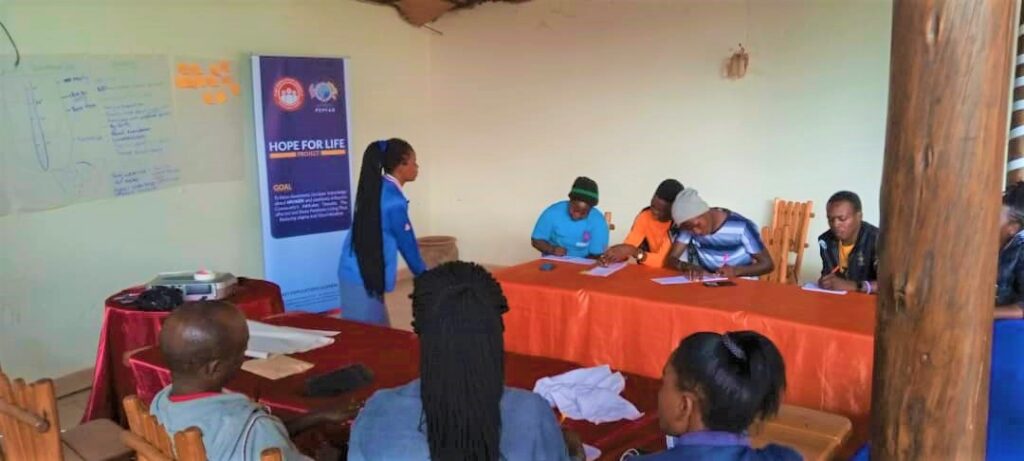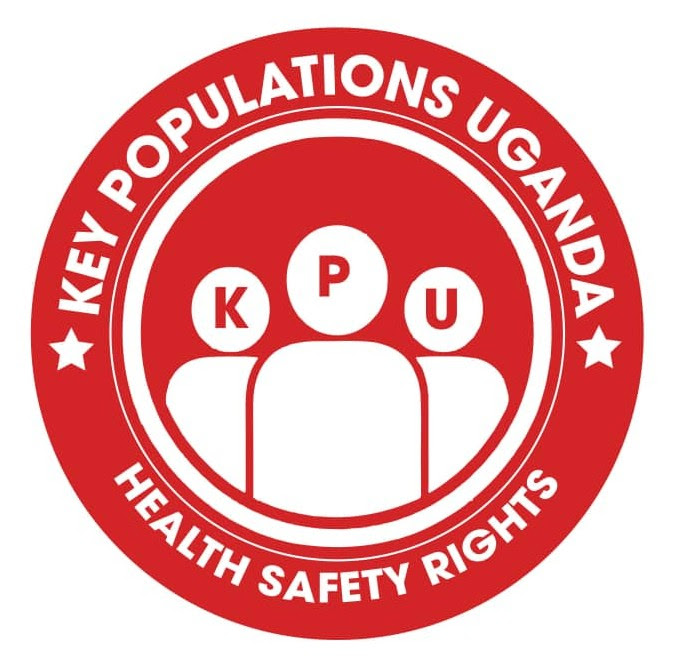Our Projects
SPEAK UP PROJECT – SPUP REPORT

Background – About Speak Up Project.
In a culture that perpetuates discrimination among the minority groups, MSMs are marginalized and are forced underground fostering self-discrimination, and causing them to struggle with internal conflict about who they are and their sexuality and lifestyles. Discrimination has many negative effects and can lead to the breakdown of the strongest, most confident individual.
The discrimination and stigmatization that young MSM faced has influenced their risk-taking behavior. For the Young MSM, discrimination and Stigma is faced at all levels, especially from service providers to whom they turn for help.
Knowledge is power and awareness of the Young MSM through sharing experiences with those affected by stigma, discrimination and whose rights have been violated, and those who have ever be jailed and imprisoned because of their sexuality storytelling and their sensitization about their Rights, which is evidenced below with its outcomes.
Through the Speak Up Project 200 Youth have been reached through storytelling and empowerment sessions.
YOUTH ENGAGE CAMP (YECAP)

BACKGROUND OF THE PROJECT
Uganda has a large proportion of Marginalized Youth, however many of them do not have accurate information and skills to respond to the needs of the society such as safety and health discrimination.
This has led them to engage in risky behaviors and their Rights are violated due to lack of information to stand up for their Rights, many Marginalized youths have indulged in drugs and substance abuse – Unsafe behaviors.
In an effort to address this gap, With support from Alert Fund For Youth Key Populations Uganda held the Marginalized Youth Engage Camps to reach Marginalized Youth with Sexual Reproductive Health Rights and safety information and equipped them with skills to enable them to make wise and informed decisions to stay safe.
The camp provided a more comprehensive, participatory, and engaging approach to empower Marginalized youth with knowledge and skills through storytelling – experiences sharing and empowerment training sessions hence enabling them to overcome the Safety and Sexual Reproductive Health Rights needs they face.
- GOAL
Strengthening Collective Voices of Marginalized Youth from different communities. - The project was able to impact 150 Marginalized Youth.
PEER EDUCATORS TRAININGS

Goal of the training
To develop and strengthen participants’ knowledge, attitudes and skills in peer education
Objectives
- To orient and reinforce knowledge and skills on SRH/HIV AIDS.
- To equip young people with skills to ably facilitate peer-led SRHR sessions among fellow young people.
- The peer educator’s trainings have been able to impact 40 Peer educators.
Recap of Session 1
The facilitator divided participants into 3 groups to discuss different topics and presentations followed;
HIV/AIDS
Through brainstorming the participants defined;
H-Human
I-immune
V-virus
and
A-Acquired
I-Immune
D-deficiency
S-syndrome
They were informed that HIV is a virus found in humans and it causes AIDS. AIDS is that stage when an individual living with the virus gets many opportunistic infections if not taking ARVS.
CAUSES OF HIV/AIDS | SIGNS AND SYMPTOMS OF HIV/AIDS | PREVENTION OF HIV/AIDS |
-Having unprotected sex with an infected person -Blood transfusion -Sharing sharp objects with an infected person -Kissing with an infected person | -Loss of weight -Loss of hair -Rush on the skin -Red lips -Cough -Diarrhea -Loss of appetite -Small wounds on the skin -Protruding belly -Disposed ribs -Death -Syphilis | -Have protected sex using condoms -Be faithful to one sexual partner -Routine Blood testing -Avoid kissing -abstain from sex
|
Clarification: The facilitator informed the participants that HIV/AIDS isn’t determined by mere looking at someone but it is only proved through blood testing. She informed the participants that there are some signs that are as a result of some other diseases and can be mistaken to be HIV/AIDS. They were encouraged to Abstain, use condoms, and be faithful to one sexual partner.
